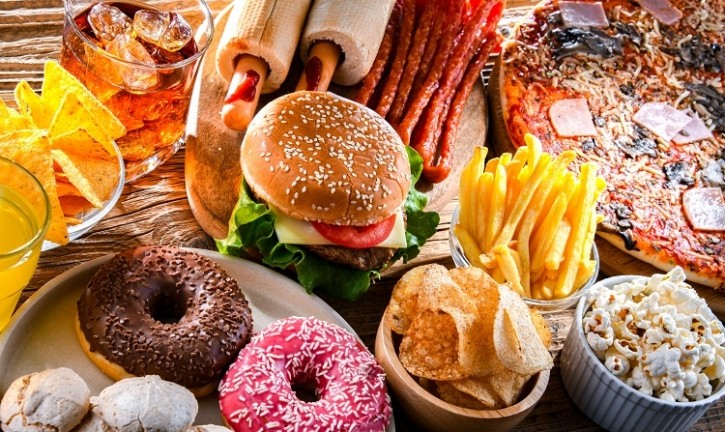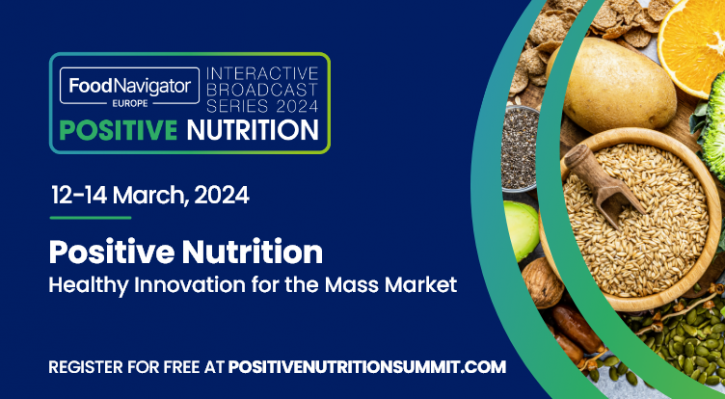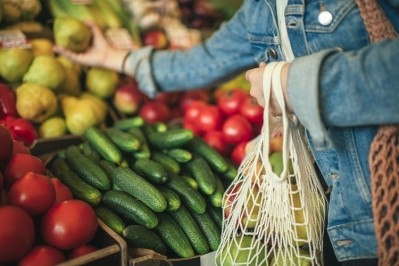Consumers believe ultra-processed foods are damaging to their health and the environment

A new study titled, ‘Consumer perceptions unwrapped: ultra-processed foods’, has found that consumers believe ultra-processed foods (UPF) are damaging to both their health and the environment. The study was conducted in response to the fact that although ultra-processed foods make up a large part of consumer diets across Europe, there is still widespread confusion and distrust about what foods are classified as ultra processed and what ultra processed really means.
Why don’t consumers trust ultra-processed foods?
The study, carried out by EIT Food Consumer Observatory, included 9,787 adults from 17 countries across Europe. The results were conclusive, with a substantial 65% of respondents saying they believe ultra-processed foods to be unhealthy and likely to cause health issues later in life. Furthermore, 67% believe that ultra-processed foods specifically contribute to obesity and diabetes. However, in spite of this, only 56% said that they avoid buying these foods showing that convenience is a major contributing factor in consumer choices, though they noted that they hoped to keep them in balance with more home-made foods to maintain a healthy diet.
Sixty-seven percent of the consumers surveyed said they do not want their foods to contain ingredients they do not recognise and 40% do not trust that ultra-processed foods are regulated well enough by authorities to ensure they are safe and healthy in the long term.
“Whether it’s a pre-packaged pasta sauce for a quick meal at home, or a fast-food treat meal out with the family, ultra-processed foods are part of the day-to-day fabric of consumer diets across Europe,” observed Sofia Kuhn, director of public engagement at EIT Food. “However, it’s evident from these findings that people have real concerns about the health and sustainability aspects of these foods.”

Are ultra-processed foods bad for our health?
The term ultra-processed food comes from the Nova food classification system and refers to foods which have undergone extensive processing in their manufacturing. Examples of some of the best known ultra-processed foods include crisps, breakfast cereals and biscuits. Examples of ultra-processed foods that consumers have been less likely to identify as such include packaged bread, canned baked beans, and fruit yoghurt.
According the British Heart Foundation, many ultra-processed foods are, "high in trans fats, sugar and salt," nutrients which when consumed to excess are associated with weight gain, high blood pressure, diabetes and, more recently, dementia. Typically, ultra-processed foods also include preservatives, to ensure food safety and a long shelf life, however there is increasing research to indicate that some preservatives can be damaging to our health, in particular, the gut microbiome.
In addition to this, products most associated with ultra processing are often low in essential nutrients and fibre, which contribute to a healthy diet and have been linked to brain health and in the prevention of illnesses such as colorectal cancer.
But whether the Nova classification system has any place in the nutrition discussion is up for debate. Recent research concluded Nova was developed as a sociopolitical - rather than nutritional - framework. Although it has since been applied to food by nutrition scientists, this was never the intention, we were told.
"If we're interested in health, it doesn't make sense to use a sociopolitical definition and framework in a completely different academic sphere," said food systems researcher Jenny Chapman.
What is the Nova classification system?
The Nova classification system is a framework for grouping edible substances based on the extent to which they have been processed and the reason for process applied. The term was established in 2009 by researchers at the University of São Paulo, Brazil.
Foods in the Nova classification system are placed into one of four groups, as follows:
- Group 1: Unprocessed or minimally processed foods
Examples include fruit, vegetables, milk, fish, pulses, eggs, nuts - Group 2: Processed culinary ingredients
This includes foods that are added to other foods rather than eaten by themselves, such as salt, sugar and oils. - Group 3: Processed foods
These are foods, which are made by combining foods from groups 1 and 2. They are altered in a way that home cooks could do themselves and include foods such as jams, pickles, tinned fruits and vegetables and homemade breads and cheeses. - Group 4: Ultra-processed foods
These typically contain five or more ingredients. They tend to include additives and ingredients that are not typically used in home cooking, such as preservatives, emulsifiers, sweeteners, and artificial colours and flavours. These foods generally have a long shelf life such as crisps, mass-produced bread, breakfast cereals, biscuits, carbonated drinks, fruit-flavoured yogurts, instant soups.
Are ultra-processed foods bad for the environment?
In addition to concerns surrounding the impact of ultra-processed foods on our health, 60% of respondents believe ultra-processed foods are damaging to the environment, but is this perception correct?
The manufacturing of ultra-processed foods has proven to be damaging to the environment in a multitude of ways.
The production of ultra-processed foods has contributed towards damage to some of the world's most biodiverse regions, with common ingredients including palm oil and soya - both of which have contributed to deforestation. Research published in 2021 linked consumption of ultra-processed foods with the production of more greenhouse gas emissions, as well as greater land and water use, in Brazil.
Packaging waste is also a serious issue in relation to ultra-processed foods as they are almost always packaged products. Packaging production is energy resource-heavy and packaging waste can have a significant environmental impact if it is not disposed of responsibly.
What can manufacturers do to improve the reputation of ultra-processed foods?
The topic of ultra-processed foods is extremely complex and it is one that consumers are only really now beginning to engage with. So, although it appears that people are continuing to buy ultra-processed foods, the challenge for manufactures is only just beginning, as understanding of the health and environmental impacts develop and attract wider interest.
"There is a wide and confusing array of information on ultra-processed food, some of which is conflicting and some that is simply misinformation. To compound this issue, there is no sector-wide consensus on what foods constitute as UPF, how to include UPF into a balanced diet, and what processing levels relate to the overall healthiness of a product. This is leaving consumers without the information they need on which foods are healthy and which they should avoid, preventing them from making informed choices,” Klaus Grunert, professor at Denmark’s Aarhus University and director of the EIT Food Consumer Observatory told FoodNavigator.
“As a sector, we need to create an environment which empowers individuals to make informed decisions about their diets, and foster a dialogue that not only educates but also inspires positive choices. That way, we can drive forward a healthier and more sustainable food system for all.”
Learn more about ultra-processed foods as part of our 'HFSS Compliance and Beyond' panel at FoodNavigator's upcoming Positive Nutrition event 12-14 March 2024.


















